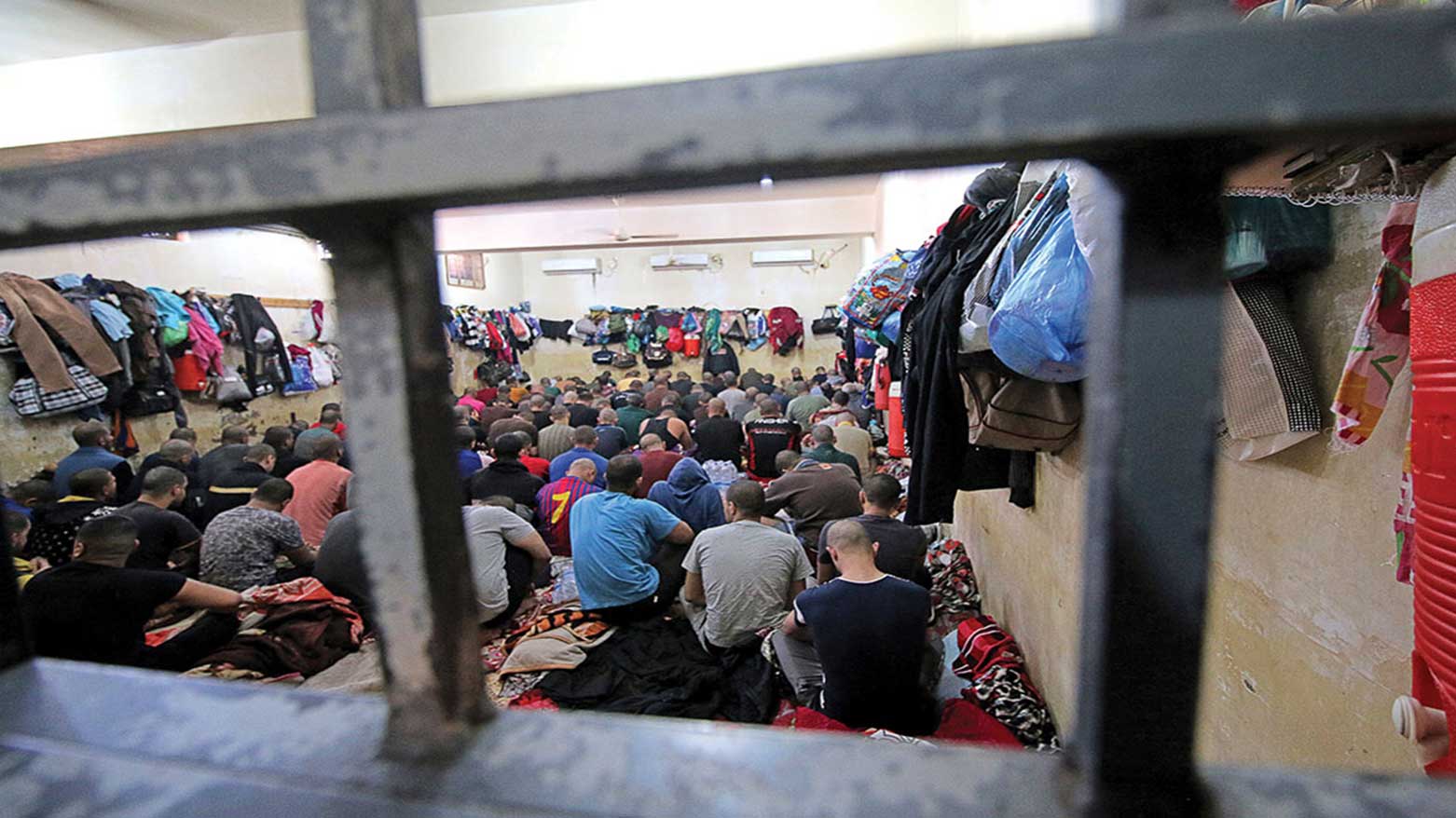Iraq’s Ban on Iranian Meat Imports: A Small Step in the Face of a Growing Drug Crisis
Southern provinces, such as Basra, report alarming addiction rates, with estimates of around 30,000 users in Basra alone.

ERBIL (Kurdistan24) – In a decisive move to curb the infiltration of narcotics, Iraqi border authorities announced on Saturday, March 29, 2025, the prohibition of importing red and white meat, as well as dairy products from Iran through the Shalamcheh border crossing. This measure aims to thwart the smuggling of illicit substances concealed within these goods.
Alaa Qaisi, spokesperson for Iraq's Border Ports Authority, detailed that the ban encompasses all types of fish, various meats, poultry, dates, and dairy products. He emphasized that this restriction specifically targets individual imports by citizens through market channels, leaving official commercial trade between the two nations unaffected. Qaisi highlighted that narcotics are often hidden within these products, complicating detection efforts.
On the same day, border forces reported the apprehension of a foreign traveler attempting to smuggle 1,450 grams of crystal methamphetamine.
Escalating Drug Smuggling Concerns
Iraq has been grappling with a surge in drug trafficking, with a significant portion of narcotics entering through its eastern border with Iran. Officials estimate that approximately 90% of substances like crystal methamphetamine, Captagon pills, and hashish are smuggled via this route, exploiting porous borders and inadequate security measures.
The proliferation of crystal meth, in particular, has raised alarm. This highly addictive stimulant poses severe health risks, including neurological and psychological damage. Southern provinces, such as Basra, report alarming addiction rates, with estimates of around 30,000 users in Basra alone.
Regional Implications and International Efforts
The fall of the Assad regime in Syria disrupted one of the Middle East's largest drug empires, notably the production and trafficking of Captagon. This upheaval has potential ramifications for neighboring countries like Iraq, which may face increased pressures from displaced smuggling networks seeking new operational bases.
In response to these challenges, Iraq has been enhancing border security and collaborating with international partners. In November 2024, the United Kingdom and Iraq signed a security pact aimed at targeting people smuggling gangs and bolstering border cooperation. This agreement is part of a broader strategy to combat illegal migration and associated organized crimes, including narcotics trafficking.
Iraq’s Drug Crisis Demands More Than a Limited Import Ban
The recent import ban at the Shalamcheh crossing underscores Iraq's commitment to addressing the complex and evolving challenges posed by drug smuggling, aiming to protect its citizens and maintain regional stability. However, this measure is widely viewed as insufficient and ineffective given the catastrophic scale of drug use and trafficking within Iraqi society. While the ban is not necessarily a bad step, it is both delayed and far too limited in scope compared to the severity of the crisis.
Iraq requires a comprehensive and multi-faceted approach, including stricter border controls, harsher penalties for traffickers, expanded rehabilitation programs, and increased cooperation with regional and international partners to curb the widespread trade and use of narcotics in the country. Without these measures, the problem is likely to continue growing, further endangering Iraqi communities and undermining national security.